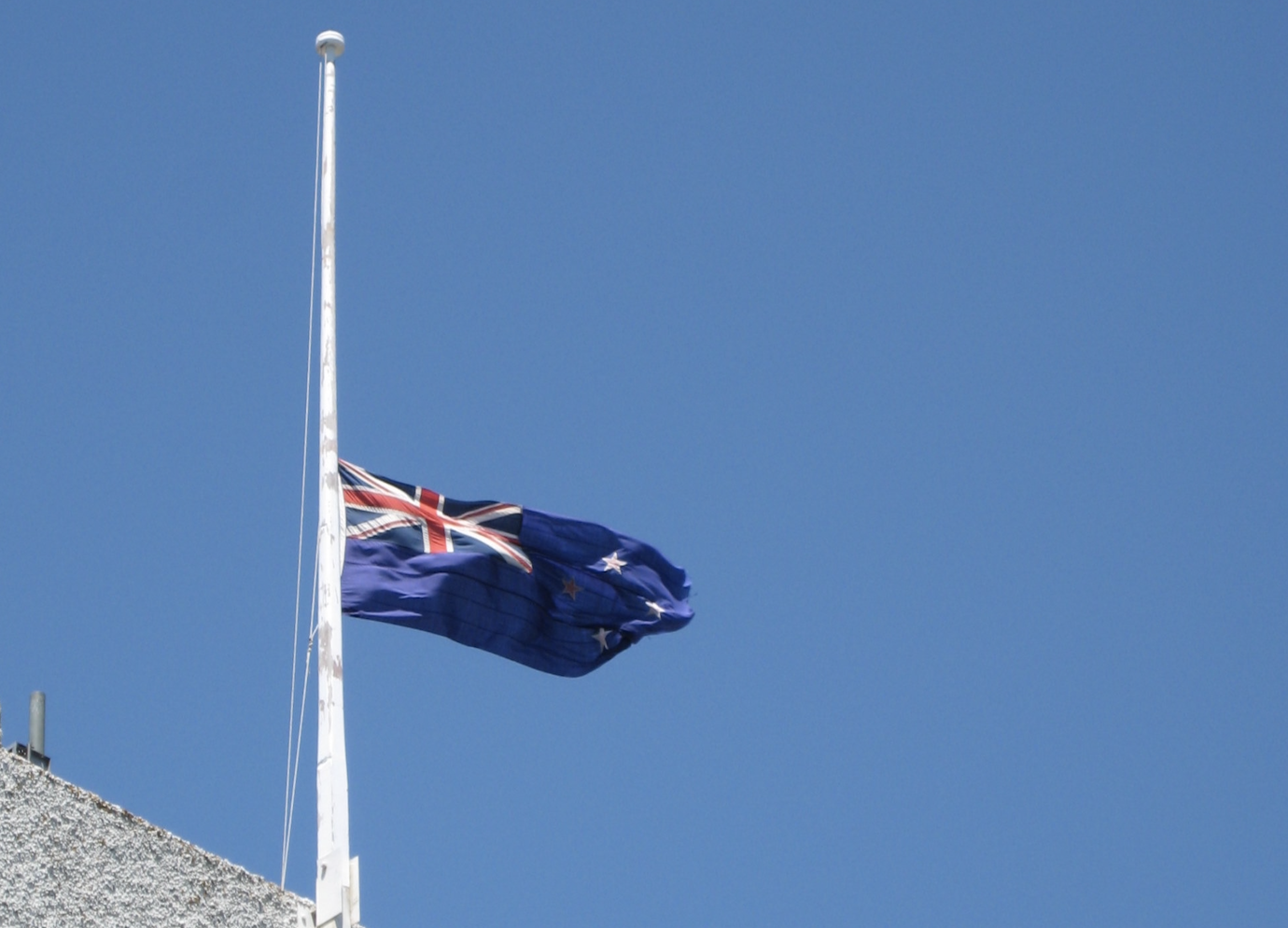Despite being lauded as a world leader in tobacco harm reduction and approaching “smoke-free” status, New Zealand is banning disposable vapes.
Earlier in August, the World Vapers’ Alliance warned that the ban, advanced in the name of reducing youth vaping, “could undermine the progress made.”
The policy, which the government first announced in March and plans to have in place by the end of the year, applies to the manufacture, import and sale of all non-rechargeable devices and non-refillable pods and cartridges.
New Zealand’s embrace of vapes has been key to the rapid reduction of its smoking rate to 6.8 percent by 2023—close to the “smoke-free” threshold of below 5 percent. But many of the people who switched from cigarettes have been using devices that will now be banned.
To tobacco harm reduction advocates, it all feels like one step forward, one step back. They recently applauded the government for a move to slash taxes on heated tobacco products—increasing the prospect of those safer substitutes for cigarettes adding to the smoking-cessation momentum generated by vapes.
“The ban on non-refillable e-liquid pods and cartridges directly undermines a product characteristic that helped make vaping popular and effective.”
“With New Zealand so close to achieving its goal of 5 percent or below smoking prevalence by 2025, it seems premature to start attacking the efficacy of vape products,” Dr. Marewa Glover, a behavioral scientist and tobacco harm reduction advocate in New Zealand, told Filter.
She called the ban decision “surprising,” as “it goes against the new government’s commitment to supporting adults to stop smoking.”
“The ban on non-refillable e-liquid pods and cartridges directly undermines a product characteristic that helped make vaping one of the most popular and effective aids to stopping smoking,” Glover continued. “For risk-reduced products to effectively substitute and displace cigarettes, they must be cheaper than cigarettes and at least as convenient and satisfying to buy and use.”
Recent evidence from the United States underlines the importance of such characteristics. An industry report attributed much of the recent decline in cigarette sales to the rise of unregulated disposable vapes, which have not been authorized by the Food and Drug Administration.
“No one gets it right,” British tobacco harm reduction advocate Clive Bates, of Counterfactual Consulting, told Filter. “Every country, even the supposed leaders, does something wrong or counterproductive—it’s all a muddle of bans, restrictions, misinformation and taxation.”
“Nowhere in the world are we close to the frontier of optimum policy.”
Among those “supposed leaders,” the United Kingdom has helped promote mass smoking cessation with vapes—yet is set to introduce new powers to restrict flavors and a new vape tax. It also bans snus sales.
Sweden is approaching “smoke-free” status thanks to snus—yet effectively bans high-strength nicotine vapes under EU regulations.
And Japan has seen an unprecedented decline in cigarette sales amid widespread uptake of heated tobacco products—yet bans the sale of nicotine vapes.
“Nowhere in the world are we close to the frontier of optimum policy,” Bates said of these policy contradictions in places that have most benefited from tobacco harm reduction.
He even added that “no country has a regulatory regime for vapes and other safer nicotine products that is better than no vape regulation at all. I have seen very little that improves on the general consumer protection and marketing regulation that applies to most products in most countries.”
Speaking of New Zealand, Bates said he was “disappointed that a government that stood out for standing up to the prohibitionists and Puritans should succumb to pressure to ban disposable vapes.”
“This hasty response to the moral panic surrounding youth vaping threatens to undermine New Zealand’s otherwise exemplary success.”
Dr. Colin Mendelsohn, a tobacco harm reduction advocate in Australia, has monitored the harms of a prescription-only vape policy there. He recently compared Australia’s failures with New Zealand’s successes in an article for Filter. But he told Filter that New Zealand is making a “serious mistake” by banning disposables.
“This hasty response to the moral panic surrounding youth vaping threatens to undermine New Zealand’s otherwise exemplary success in tobacco control,” Mendelsohn said, urging New Zealand to learn from Australia’s mistakes.
Mendelsohn’s article pointed out that while youth vaping is relatively high in New Zealand, the increase largely occurred before vapes were regulated there. Youth smoking—by far the bigger public health concern—declined more rapidly as vaping increased.
Whether the ban derails New Zealand’s goal of reaching “smoke-free” status by 2025 remains to be seen. But tobacco harm reduction experts are united in believing that things won’t now go as well as they would have done.
New Zealand’s policymakers, Mendelsohn warned, “must reconsider this approach carefully.”
Photograph (cropped) by Jeffrey via Wikimedia Commons/Creative Commons 2.0
Both The Influence Foundation, which operates Filter, and the Centre of Research Excellence: Indigenous Sovereignty & Smoking, founded by Dr. Glover, have received grants from Global Action to End Smoking (formerly the Foundation for a Smoke-Free World).





Show Comments